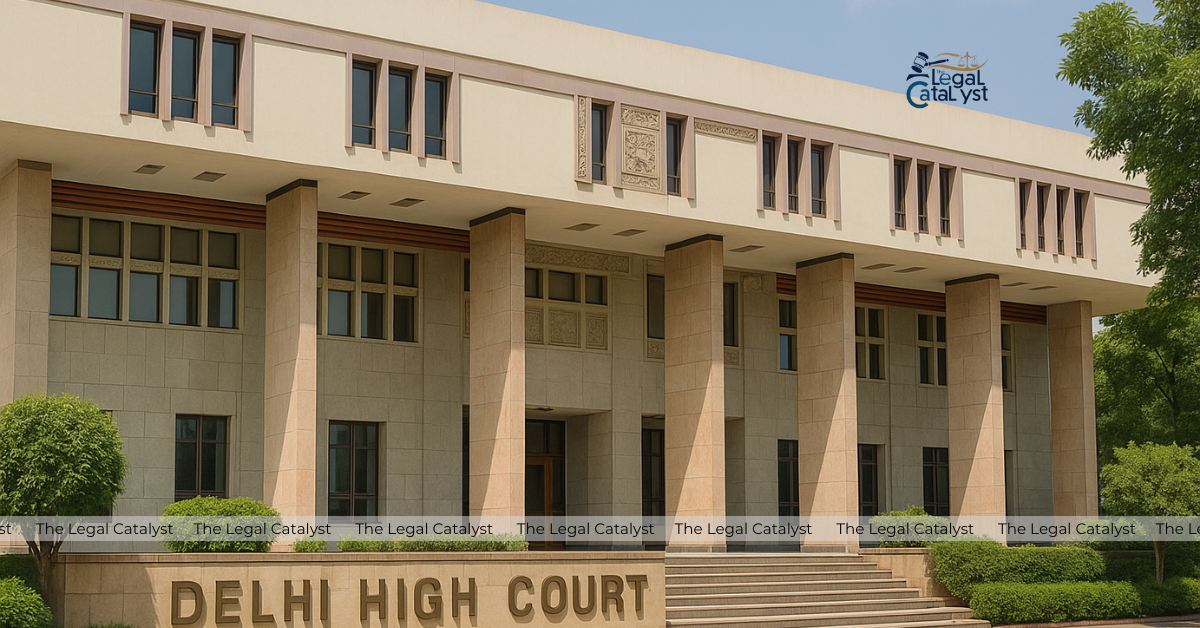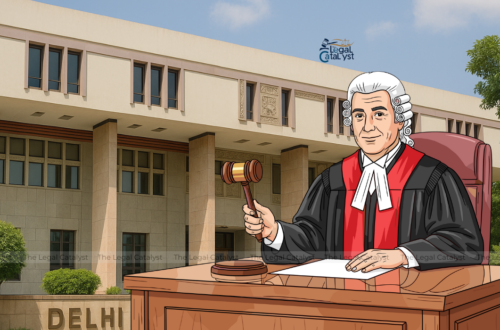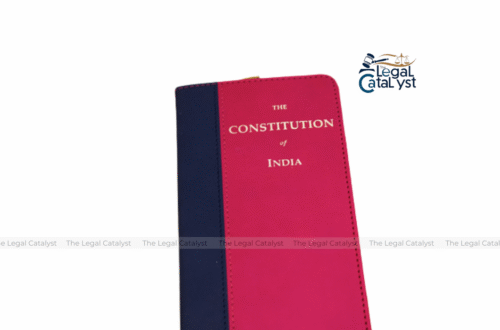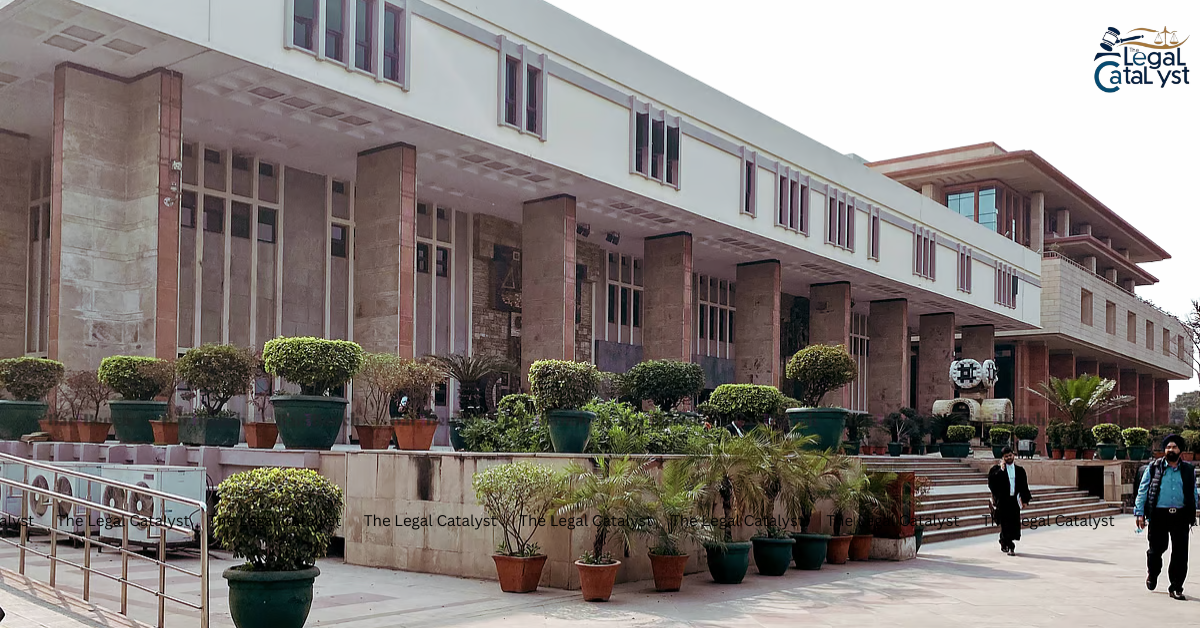The Delhi High Court has made a ruling. A bank issuing an unconditional and irrevocable bank guarantee (BG) cannot avoid honouring it. The bank cannot cite side arrangements or underlying contract terms not reflected in the guarantee itself.
Justice Jyoti Singh delivered the verdict in Kotak Mahindra Bank Ltd v Union of India & Ors. She emphasised that a bank guarantee is a standalone contract. Its invocation can only be tested on the basis of its own terms.
“A Bank Guarantee is an independent contract from underlying Agreements… and it is trite that the Bank is bound to honour the unconditional and irrevocable BGs irrespective of and de hors the dispute between the principal debtor and the beneficiary/creditor,” the Court ruled.
The order came in a civil suit filed by Kotak Mahindra Bank seeking recovery of ₹48. 77 crore was paid to the Ministry of Road Transport and Highways (MoRTH). This was under BGs issued for Sunil Hitech Engineers Ltd. The contractor defaulted on its obligations under highway construction contracts in Bihar.
Kotak contended that the guarantees were issued with a condition. All payments would be routed through an escrow account managed by the bank. Any change to this arrangement without the bank’s consent would absolve it from liability. The ministry, however, made payments to a different account at the contractor’s request. It did this without obtaining a No Objection Certificate (NOC) from the bank.
The bank invoked Sections 133 and 139 of the Indian Contract Act, 1872. It argued that a material variation without its consent discharged it from the guarantee.
The Court dismissed this plea. It noted that the guarantees themselves were unconditional. They made no reference to escrow arrangements or NOCs.
“If the plea of the Plaintiff (bank) was accepted, virtually, an unconditional BG will be converted into a conditional BG, which is impermissible in law,” the Court held.
Justice Singh referred to the Supreme Court’s ruling in Himadri Chemicals v Coal Tar Refining Co (2007). He reiterated that courts should intervene in unconditional BGs only in cases of egregious fraud or irretrievable injustice. Neither was alleged by Kotak.
While rejecting the bank’s suit, the Court allowed Kotak to pursue claims in liquidation proceedings against the defaulting contractor:
“Liberty is, however, reserved to the Plaintiff to pursue its claims before the Liquidator… and/or to take recourse to such legal remedies as may be available to it against Defendant No.3.”
Connect with us on Instagram – X – LinkedIn for daily updates, quizzes, and other materials.
Also Read
Supreme Court to Hear Petitions Challenging Bihar Electoral Roll Revision on August 12–13






